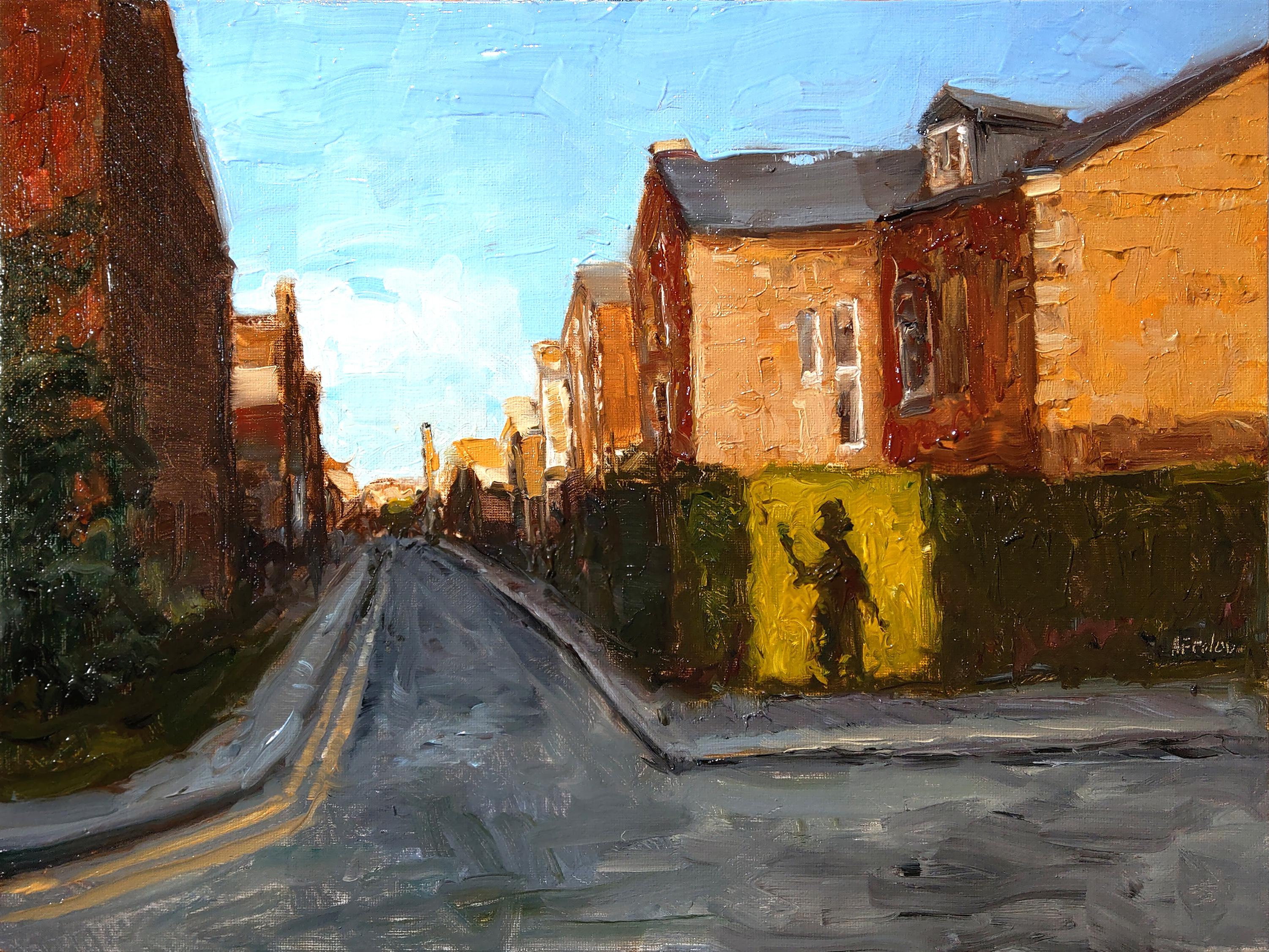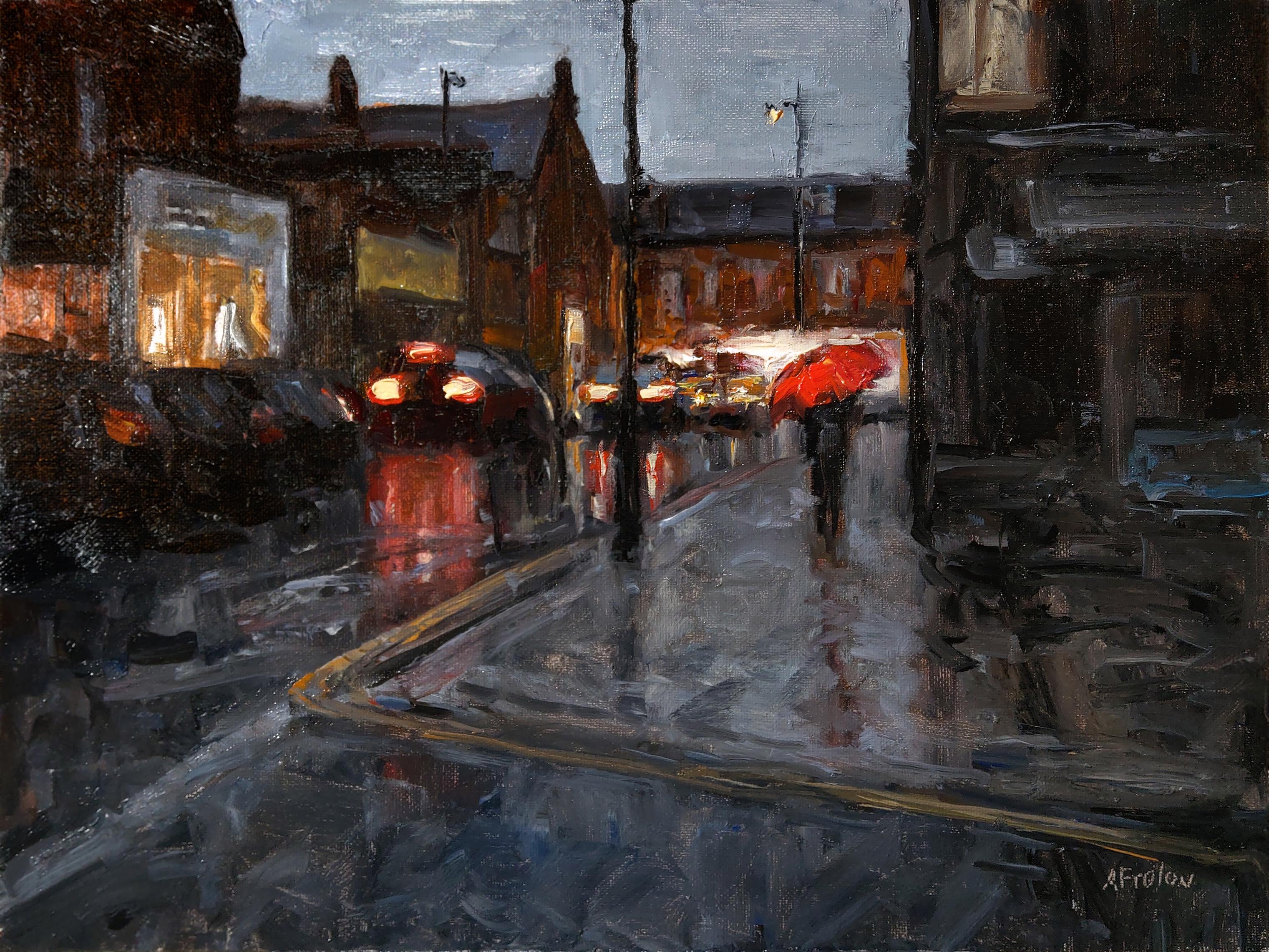Artificial merely implies manmade, as opposed to naturally developed IMO.
As for the hypothesis, a few years ago I took a crack at designing a system like that as an on-paper exercise. The vast majority of it was just...pushing data around and using existing data to suggest new data. Not all that dissimilar to how human beings think, to be honest. The big hurdle was optimisation and context, and allowing the platform to "grow" without letting it metastasize and without improperly restricting it. There are some hardware limitations to consider too - a storage backbone, for one, and interlinking every thread as opposed to having them wholly isolated from each other. There's the potential for thread interruption too, which as far as I'm aware is not something that any microcode packages support.
But despite all that, I'm still fairly certain one could build an approximation therein. The complexity of inter-stimuli input (read: input from audio, visual, and potentially sensatory endpoints, replicating vision, hearing and touch) isn't to be underestimated, though.
Perhaps one day I might take a crack at it - but its also a morally gray area that has quite a few caveats to it, so... uh... maybe.










I, too, am aware of zlib and librera reader. But there's a difference between a curated selection of books in physical form in front of you, and deciding to read a book on an electronic device. The former dissuades the reader-to-be from abandoning the idea over too wide a selection, and removes other electronic distractions from asserting themselves over the reading material - I refer here to notifications that flash over the current window.
Plus, there's plenty of people who choose not to read, despite the option being available. Having the option physically there in front of you is far more encouraging, in my opinion. And once they start reading, they might go on to seek titles outside of that curated selection. Great success!